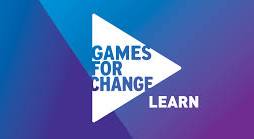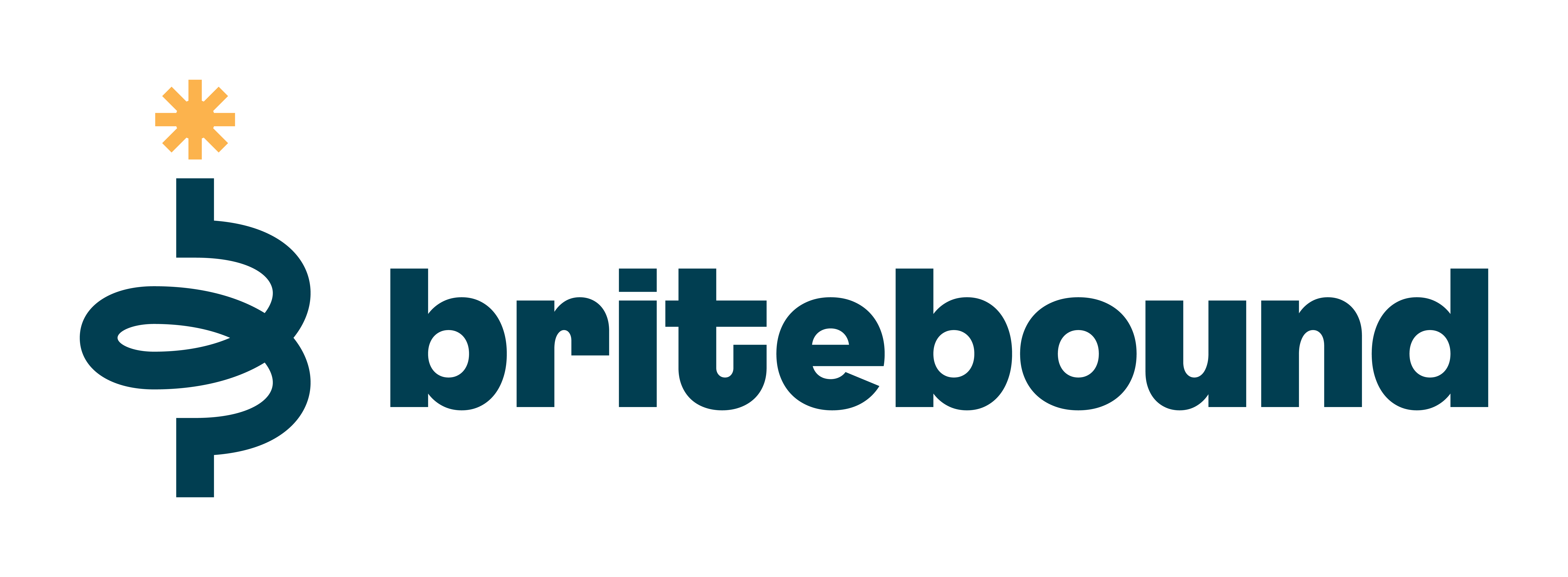Dive Brief:
- A 3-year pilot program in four Fort Worth, TX, schools is testing the cognitive and physical consequences of giving elementary school students more recess time. Recess lasts for a shorter duration, but is now given four times per day.
- The model, called Let's Inspire Innovation 'N Kids (LiiNK), is based after one that is successfully used in Finland.
- According to District Administration, researchers will observe students several times per month to collect data on academic performance and on levels of student focus.
Dive Insight:
The benefits of recess and increased playtime have been documented in scientific studies. Some states, like New Jersey have forged ahead with legal mandates over recess. Aside from cognitive benefits, increased physical activity for children can help reduce childhood obesity, which is on the rise.
And in Seattle, teachers have included demands over recess in contract negotiations. The contract passed in fall 2015 guaranteed 30 minutes of recess for students, after an investigation revealed that some elementary schools were giving kids less than 15 minutes. A June 2015 report showed that the majority of Kansas schools allowed less than 20 minutes of play per day.













